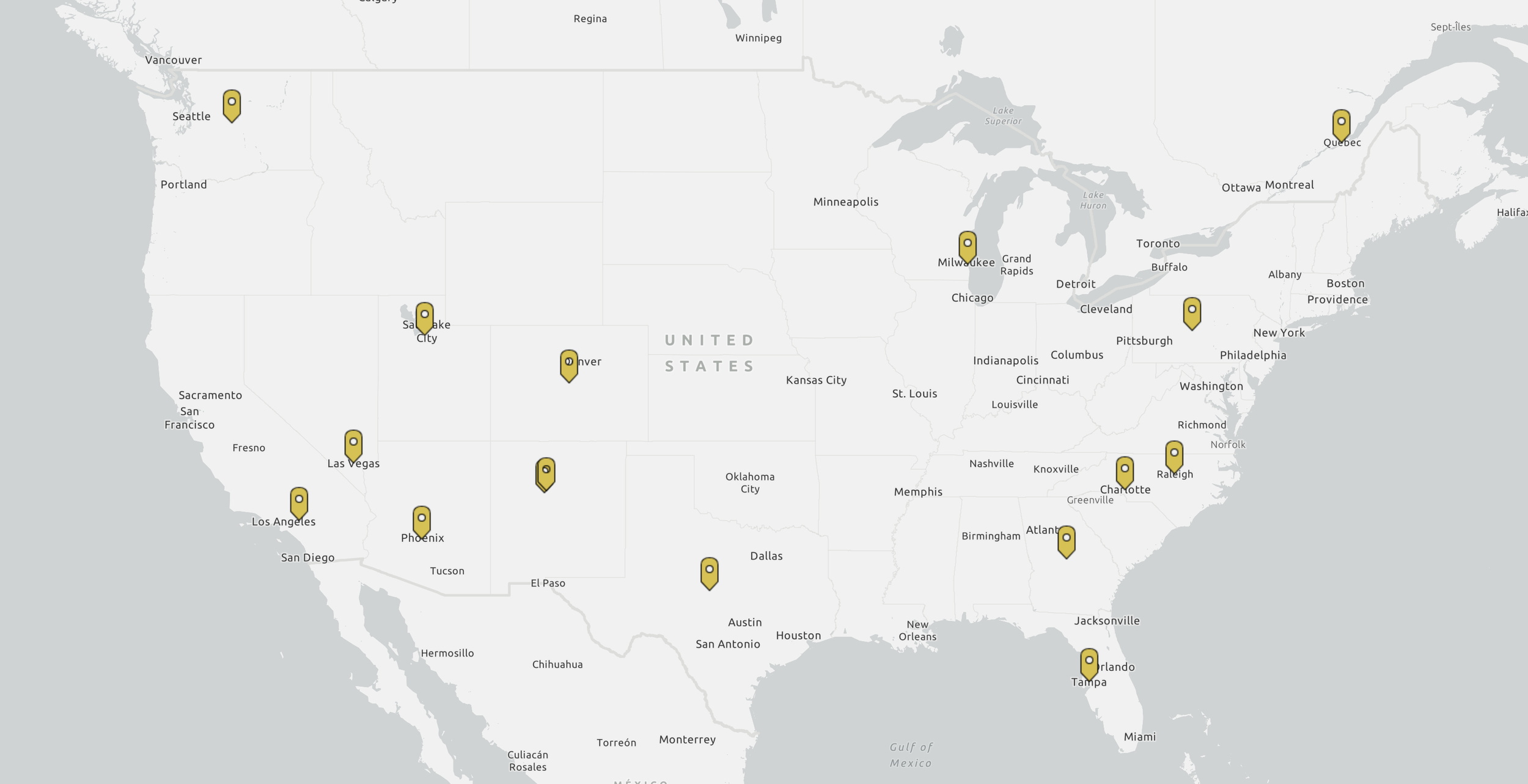
Sustainable energy solutions
Water Efficiency
Pushing the boundaries of environmental innovation, advancement and stewardship.
Water Efficiency Services
-
We provide the most comprehensive water loss training and technical assistance programs in North America, helping state and regional agencies build capacity for their water systems. Our programs equip individuals and organizations with the skills to effectively track and manage water loss, offering hands-on workshops, expert instructors, customizable training, networking opportunities, and peer-to-peer learning for all water professionals.
-
Our water audit validation services help utilities, municipalities, and businesses ensure accurate water usage reporting and identify improvement areas. As co-authors of the Water Research Foundation 5057 Level 1 Water Audit Validation Guidance Manual, we offer reliable validation and actionable insights for regulatory compliance and operational efficiency. We also design and deliver water audit validation certification programs, successfully implemented in Georgia, California, and Quebec.
-
We specialize in helping utilities, municipalities, and water providers optimize their water distribution systems by reducing non-revenue water. As the industry continues to evolve and bring new technologies to reduce water loss, we approach work with our clients by establishing a team that can cultivate a culture of change and implement data driven decisions on how to properly invest in water loss reduction.
-
Water utilities are faced with datasets of all shapes and sizes, enhancements and limitations, varying levels of certainty, and the proposition of data solution tools more and more every day. Our data analytics start with listening and understanding these nuances and then using the existing data to define non-revenue water targets and the most cost-effective path-forward to get there.
-
We strive to be on the forefront of new technologies and solutions, such as reducing carbon emissions through reducing water distribution leakage. Whether your idea needs an innovative technical solution or an experienced partner to flesh the project out, we want to have the conversation to help you achieve new heights.



